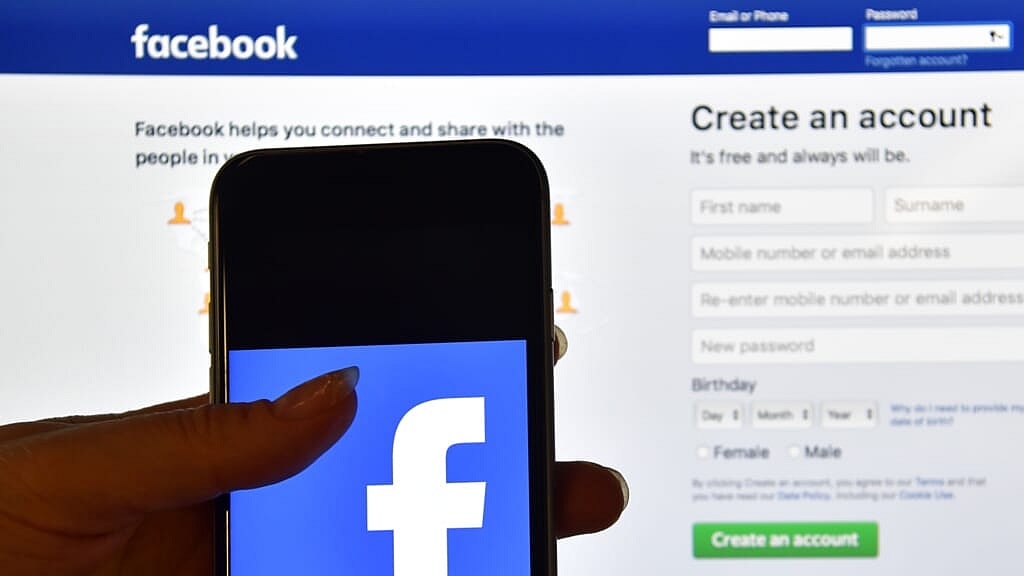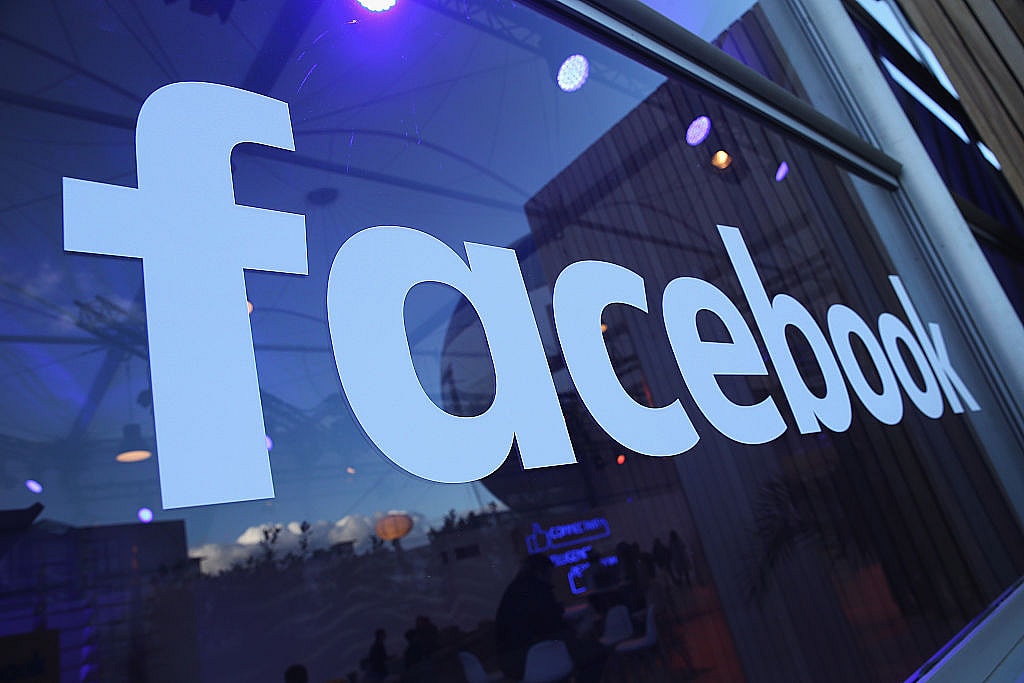
This week Facebook CEO Mark Zuckerberg fast-forwarded us all into the future by announcing that, in addition to rebranding the social media company Meta, he will also be launching a virtual-reality vision for the future called the “metaverse.”
Aside from the fact that we all know damn well none of us will ever stop calling Facebook by its original name, my first reaction to this news was, “Uh oh. So is this how it ends?” While that may seem like a dramatic thought at first blush, it actually isn’t. What Zuckerberg and his cronies have been working on may actually signal the end of this version of the world as we know it.
“What is the metaverse? Think of it as the internet brought to life, or at least rendered in 3D. Zuckerberg has described it as a “virtual environment” you can go inside of — instead of just looking at on a screen. Essentially, it’s a world of endless, interconnected virtual communities where people can meet, work and play, using virtual reality headsets, augmented reality glasses, smartphone apps or other devices,” writes The Associated Press.
If you missed the live announcement or the extensive video explainer that Zuck’s team released, the metaverse is, in a nutshell, like what would happen if the “Sims” game was on steroids and threatened to catapult straight into an episode of “Black Mirror.”
Imagine virtual reality ecosystems where social media isn’t just a swipe on your phone, but instead, an entire alternative universe where you get to be whoever you want. For gamers and social media addicts, this may seem like an obvious next step. In fact, I don’t know anyone who was surprised by what the Meta team created. After all, we’ve spent decades watching fictionalized depictions of this very thing taking place.
But, as my friend said to me this morning, this announcement basically confirms, “Wow, the future is literally here today.”
And although I like to think of myself as a forward-thinking human, it’s not the future that concerns me, but more so the proverbial “day” on which it chose to show up.

On a grand scale, we are currently living in unprecedented times where it feels like everything is up in the air and that no one really knows what curveball is going to be thrown at them from one day to the next.
Since March 11, 2020, when the World Health Organization announced that COVID-19 was officially designated as a global pandemic, most of us have experienced varying degrees of “What in thee entire f— is going on?” confusion, mixed with a splash of dismay.
Some of us have adapted and thrived, others have come undone, and millions have died. But unless you are a high-ranking government official, a member of the Illuminati, or a smug conspiracy theorist sending “I told you so!” texts to your homies, you’re probably like the rest of us and just holding on for dear life until this madness subsides.

Mental health is at an all-time low right now, which means anxiety and unhealthy coping mechanisms are conversely at an all-time high.
So why would anyone in their right mind pick now as the time to tease the emotionally-fragile general public with news of a new “metaverse”? Any first-year psychology student could tell you that launching an alternate universe while the real world is burning all around us is a recipe for dangerous amounts of escapism.
Isn’t it socially irresponsible to give the folks something so blatantly designed to be addictive at the very moment when all our defenses are down?
But perhaps that’s the point.
If you didn’t think Zuckerberg was akin to an evil villain in a dystopian Netflix movie before, you definitely have a really compelling reason to think so now. Because everything about the timing of this feels undeniably sinister and predatory.
And speaking of timing, another thing that can’t be ignored about the “day” in which this announcement was made is the fact that it comes right on the heels of headlines about a leaked document that has been dubbed “The Facebook Papers.”
For those who haven’t been keeping up with that story, a couple of weeks ago, former Facebook employee-turned-whistleblower Frances Haugen told media how the company regularly ignored or downplayed internal warnings of the negative and often harmful consequences its algorithms wreaked across the globe. The day after her interview aired, Facebook, Instagram, WhatsApp, and Messenger all suspiciously went down for hours.
Now, I’m a writer who has been trained to be conservative about jumping to conclusions, so I won’t be irresponsible and just run my mouth on here about what my gut is saying about all this. But whether Zuckerberg is dropping this metaverse revelation in our laps right now to prey on our frayed nerves or using this to distract from a much bigger scandal brewing at his company reeks of ulterior motives.
Marketing consultant Laura Ries said it best when she compared Facebook’s new Meta moniker to when BP rebranded to “Beyond Petroleum” to escape criticism that it harmed the environment: “Facebook is the world’s social media platform and they are being accused of creating something that is harmful to people and society. They can’t walk away from the social network with a new corporate name and talk of a future metaverse.”
To correct her, they shouldn’t be able to, but as of right now I can’t think of anyone who can stop them. Those who have the incentive to do so don’t have the power, and those with the power don’t currently have an incentive to block the company from creating one more marketplace for them to profit from.
Deep down, I think Zuckerberg knows that…which is why he was able to gleefully declare in a live broadcast that he expects to have a billion of us sucked into his new metaverse over the next ten years with no awareness of how much that reveals about his personal bid for world domination.
Was the timing of this week’s announcement tone-deaf? Absolutely. But it’s hard to tell a tech giant to “read the room” when he quite literally has the power to create his own universe. And that sobering fact alone should make us all very, very, nervous.

Blue Telusma is a Senior Writer and Executive Producer at theGrio, whose viral think pieces have been featured on CNN, HuffPost, Buzzfeed, USA Today, BET, and several other national news outlets. Her work mainly focuses on dissecting pop culture, promoting emotional intelligence, and fostering activism through the arts.
Have you subscribed to the Grio podcasts, ‘Dear Culture’ or Acting Up? Download our newest episodes now!
TheGrio is now on Apple TV, Amazon Fire, and Roku. Download theGrio today!

